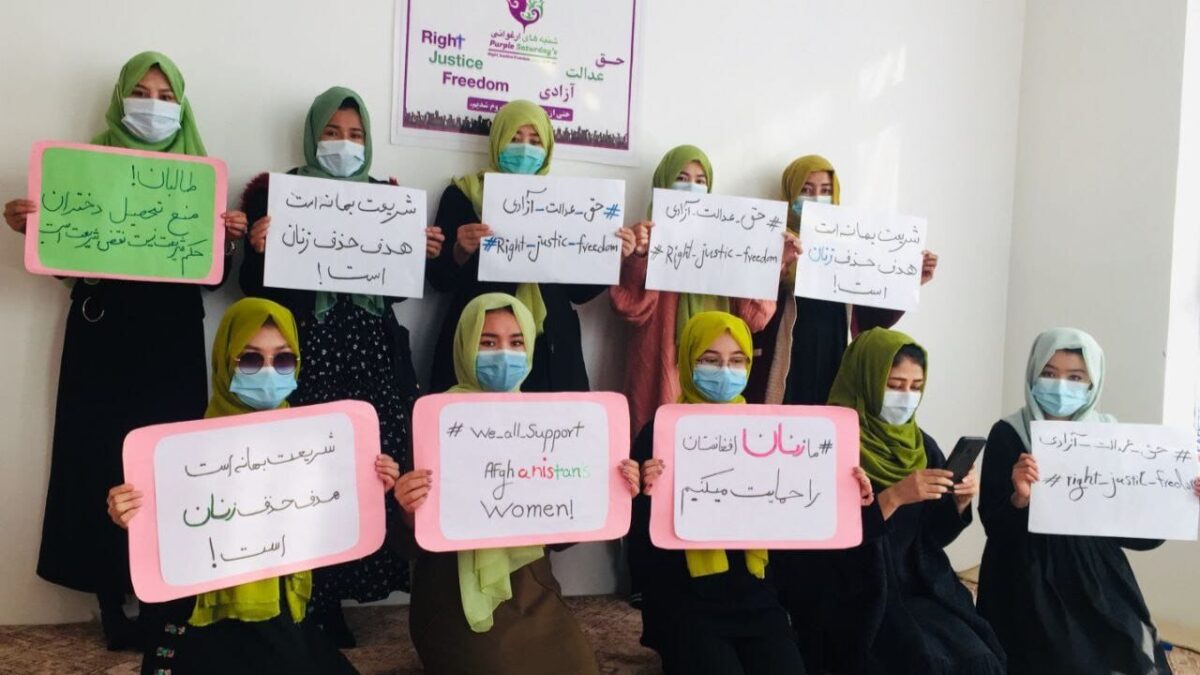The Japanese Embassy in Kabul expressed concern over the Taliban’s continued restrictions on women and girls in Afghanistan following the recent enactment of the Taliban’s new morality law.
In a statement posted on X, the embassy urged the Taliban to listen to the voices of women and girls in Afghanistan who are calling for education, work, and freedom of movement for the future of Afghanistan.
The newly ratified “Law on the Promotion of Virtue and the Prevention of Vice,” signed by the Taliban leader, spans 114 pages and contains 35 articles that impose severe new restrictions, particularly on the fundamental rights of women.
The law grants extensive powers to the Taliban’s morality enforcers, who are authorized to arrest and punish individuals, including women, for a wide range of offenses.
Under the law, the voice of a woman is defined as “awrah” (something to be concealed), and it mandates that women must not be heard and must fully cover their faces and bodies. The ratification of this law, which intensifies the violation of women’s rights and human rights in Afghanistan, has sparked widespread domestic and international condemnation.
Actress Angelina Jolie responded on Instagram, stating, “A regime that criminalizes a woman’s gaze, voice, and power is cowardly and oppressive.” German Foreign Minister Annalena Baerbock denounced the law as “nearly 100 pages of hatred against women,” describing it as an expression of “misogyny.” Baerbock added that these “inhumane rules” would strip Afghan women of their dignity, rights, and voices, and that the Taliban’s goal is to silence half of Afghanistan’s population.
Hanif Atmar, former Foreign Minister and National Security Advisor of Afghanistan, also weighed in, writing on X, “The Islamic world has a fundamental responsibility to stand with the Afghan people in rejecting this law and to work towards establishing a just and legitimate system in the country, ensuring that the name of Islam is not used to harm the values and beliefs of Muslims or their relationships with others around the world.”
Meanwhile, the Taliban’s Ministry of Justice confirmed that the law, ratified by the group’s leader, is now in effect.





